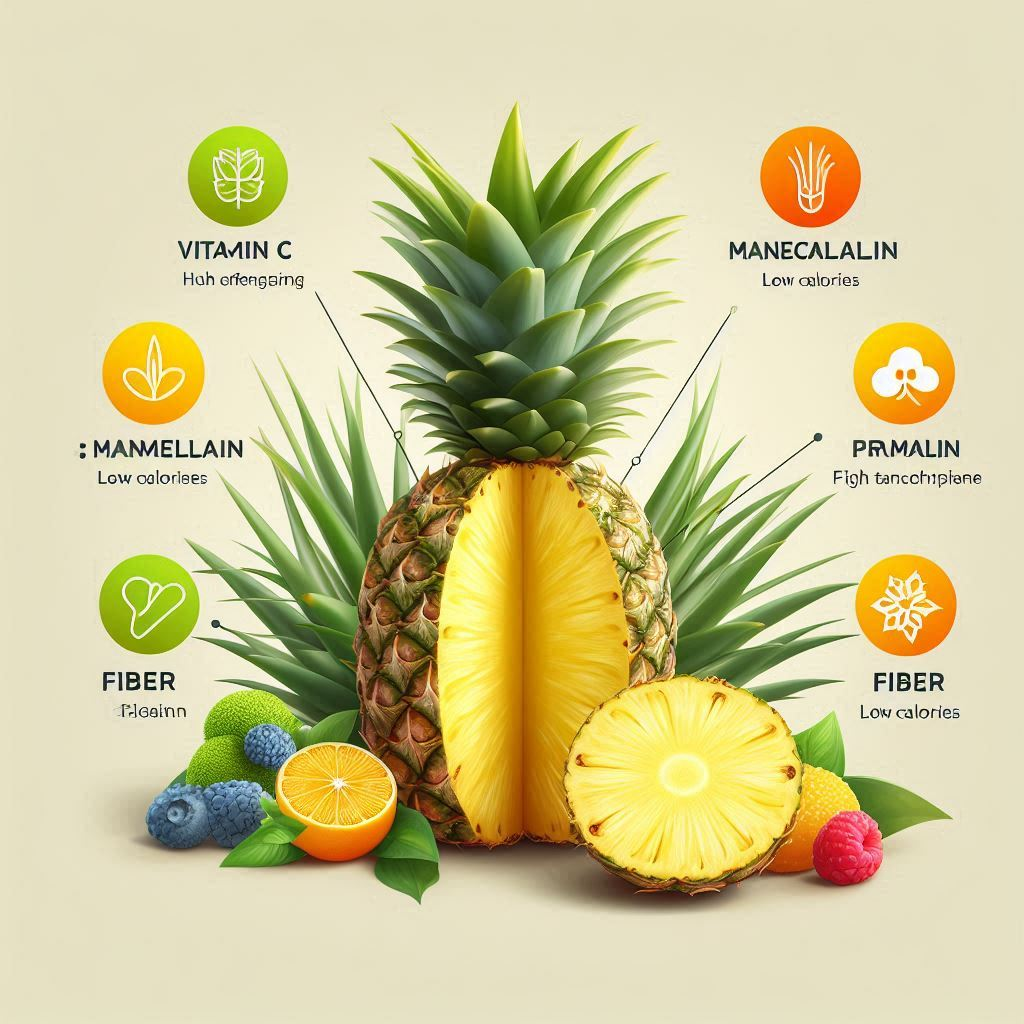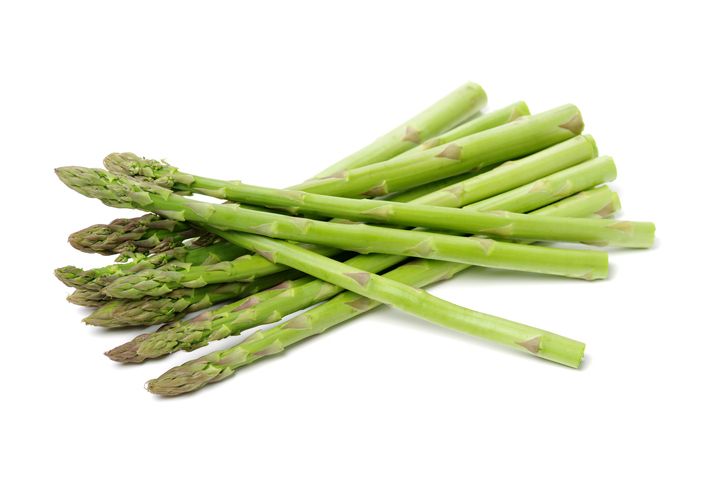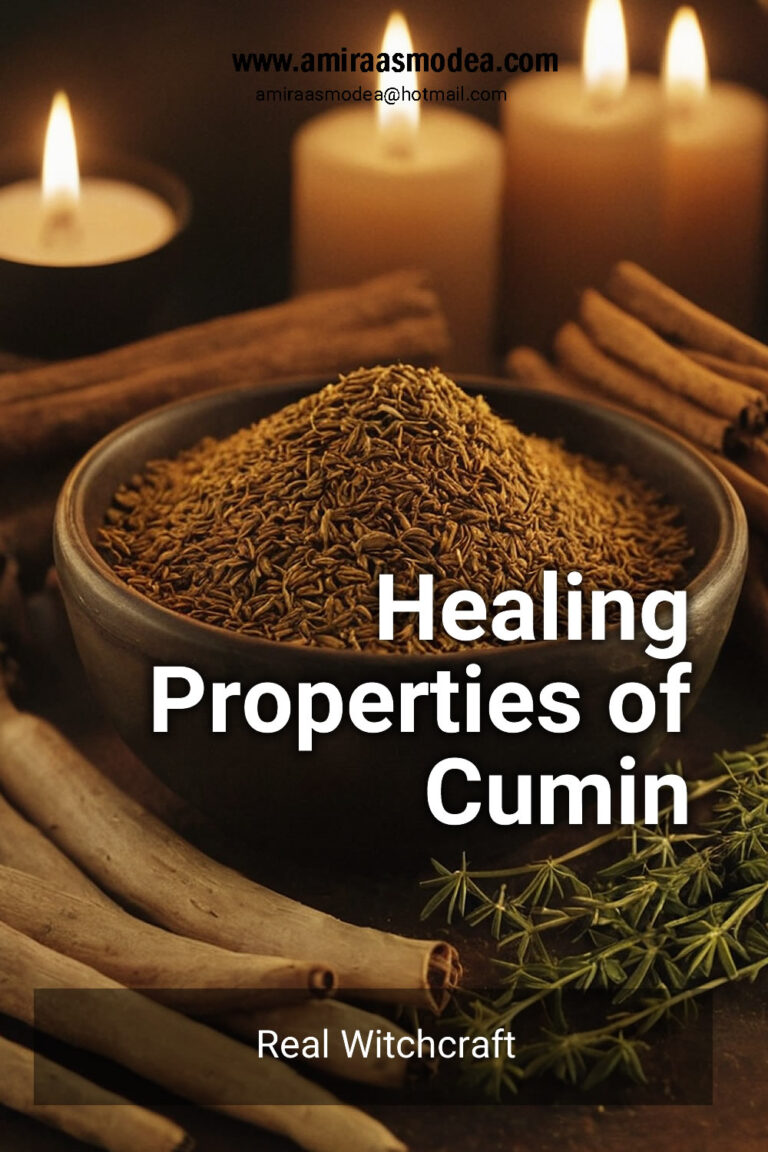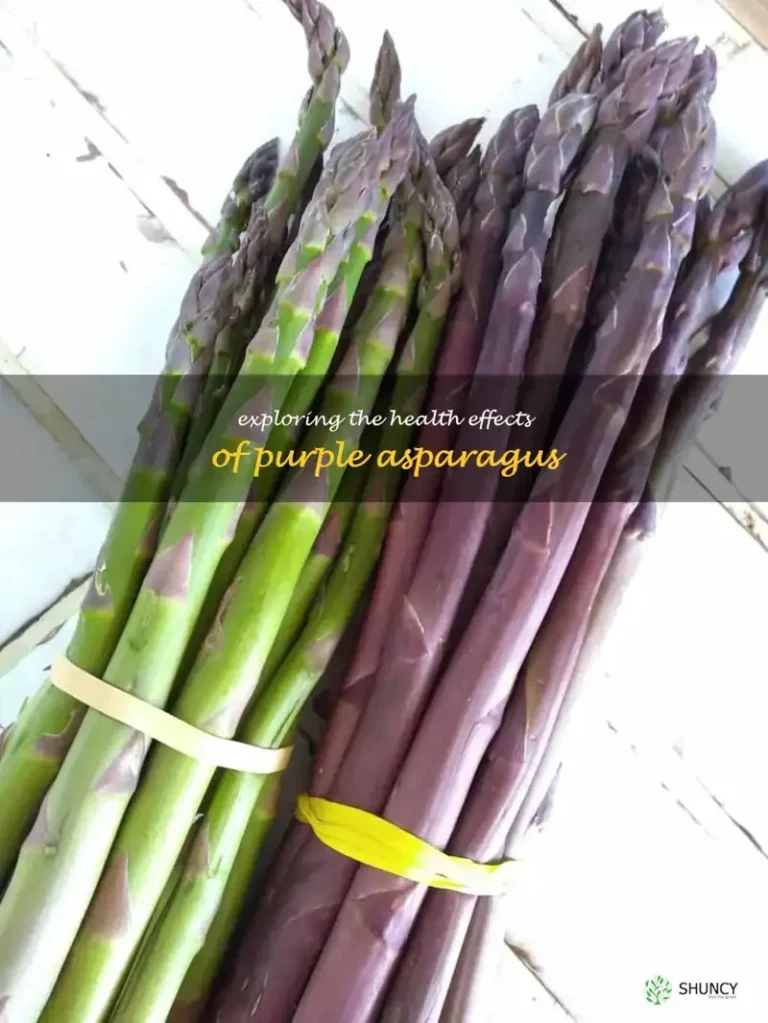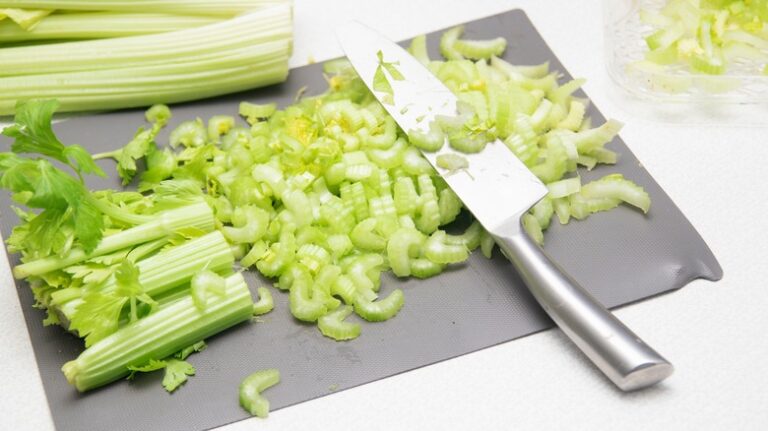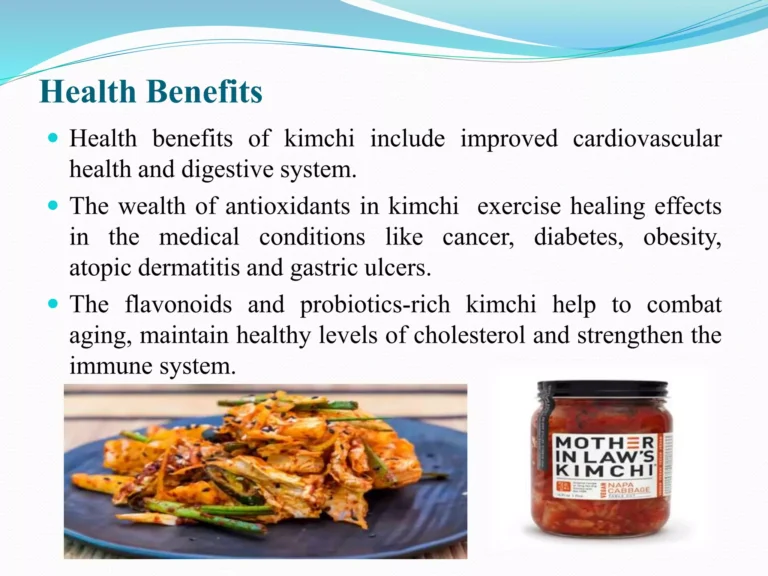The Tropical Secret to Better Health: Why Pineapple Belongs in Your Diet
In a world increasingly seeking wellness through natural means, where ancient remedies meet modern science, there are certain foods that stand out not just for their delightful taste but for their profound impact on health. Among these, shimmering like a crowned jewel from the sun-drenched tropics, is the pineapple. More than just a vibrant addition to a fruit salad or a refreshing juice, Ananas comosus harbors a tropical secret, a potent blend of nutrients and unique compounds that position it as an indispensable ally in the quest for better health. This isn’t merely a fruit; it’s a testament to nature’s profound pharmacy, a succulent narrative waiting to unfold in your diet.
For generations, the pineapple has been revered, first by indigenous cultures for its healing properties and later by global explorers for its exotic allure. Yet, in our fast-paced modern lives, we often overlook the deep well of benefits contained within its spiky exterior and golden flesh. It’s time to peel back the layers of this extraordinary fruit and discover why pineapple is not just a delightful indulgence, but a fundamental component of a truly vibrant, healthy lifestyle.
A Crowned History: From Ancient Lands to Global Delight
The story of the pineapple begins not in the sterile aisles of a supermarket, but deep within the lush rainforests of South America, specifically in the region straddling southern Brazil and Paraguay. For centuries before the arrival of European explorers, the Tupinambá people and other indigenous groups cultivated and cherished this fruit, calling it "anana," meaning "excellent fruit." They recognized its value, not only as a food source but also for its medicinal properties, using it to treat digestive issues, inflammation, and even as a poultice for wounds. Its fibrous leaves were woven into textiles, and its vibrant presence became a symbol of hospitality and warmth.
It was during Christopher Columbus’s second voyage to the New World in 1493 that the pineapple made its grand debut on the global stage. Encountering the fruit on the island of Guadeloupe, he described it as resembling a pine cone but with the taste of an apple – hence the name "pineapple." Intrigued by its exotic flavor and challenging cultivation, Spanish and Portuguese explorers carried the pineapple across continents, introducing it to Africa, Asia, and eventually, the greenhouses of Europe.
In Europe, particularly in the colder climates, the pineapple became a symbol of extreme wealth and status. Growing it required immense effort and expense, making it a rare delicacy reserved for royalty and the aristocracy. A single pineapple could cost the equivalent of thousands of dollars today, often rented out for display at lavish banquets before being consumed. Its regal appearance, crowned with a tuft of spiky leaves, further solidified its association with luxury and hospitality. English sailors, returning from the tropics, would spear a pineapple on their gateposts to announce their safe return, inviting neighbors to share in their good fortune and tales of distant lands.
The pineapple’s journey from a tropical staple to a global commodity is a testament to its undeniable appeal. The development of steamships and later, the Dole Food Company’s extensive plantations and canning processes in Hawaii in the late 19th and early 20th centuries, finally made pineapple accessible to the masses. No longer an exclusive luxury, it became a beloved tropical fruit, its history a fascinating prelude to its equally impressive health narrative. This rich heritage underscores not just its culinary appeal, but its long-standing recognition as a fruit of significant value.
The Nutritional Symphony: A Deep Dive into Pineapple’s Composition
Beyond its sweet and tangy taste, pineapple is a nutritional powerhouse, a veritable symphony of vitamins, minerals, and unique compounds that work in concert to promote optimal health. A single cup of fresh pineapple chunks (approximately 165 grams) offers a remarkably low-calorie, high-impact nutritional profile.
1. Vitamin C: The Immune Guardian and Collagen Catalyst
Pineapple is an excellent source of Vitamin C, providing over 130% of the recommended daily intake in just one serving. Ascorbic acid, as Vitamin C is scientifically known, is a potent water-soluble antioxidant. Its primary role in the body is multifaceted:
- Immune System Support: Vitamin C stimulates the production of white blood cells, particularly phagocytes and lymphocytes, which are crucial for fighting off infections and pathogens. It enhances the function of these immune cells, helping the body mount a robust defense against viruses and bacteria.
- Powerful Antioxidant: It neutralizes harmful free radicals, unstable molecules that can damage cells and contribute to chronic diseases like heart disease and cancer, as well as accelerate aging. This protective effect extends throughout the body, safeguarding cellular integrity.
- Collagen Synthesis: Vitamin C is absolutely essential for the synthesis of collagen, the main structural protein in connective tissues, skin, bones, tendons, and cartilage. Adequate Vitamin C intake ensures healthy skin elasticity, faster wound healing, and strong bones and joints.
- Iron Absorption: It significantly enhances the absorption of non-heme iron (iron from plant sources), making pineapple a great accompaniment to plant-based meals to prevent iron deficiency.
2. Manganese: The Bone Builder and Metabolic Maestro
While often overshadowed by more common minerals, manganese is a vital trace mineral found abundantly in pineapple. One cup provides over 75% of the daily recommended intake. Its roles are critical:
- Bone Health: Manganese is a key cofactor for enzymes involved in bone formation and mineralization, contributing to strong, healthy bones and potentially helping to prevent osteoporosis.
- Metabolic Function: It plays a crucial role in the metabolism of carbohydrates, amino acids, and cholesterol. It helps in converting food into energy, supporting overall metabolic efficiency.
- Antioxidant Defense: Manganese is an essential component of the antioxidant enzyme superoxide dismutase (SOD), one of the body’s most powerful intrinsic antioxidants. SOD helps to neutralize superoxide radicals, which are particularly damaging free radicals produced during cellular respiration.
3. B Vitamins: The Energy Boosters
Pineapple contains a good array of B vitamins, each contributing to vital bodily functions:
- Thiamine (B1): Essential for converting carbohydrates into energy and for proper nerve function.
- Riboflavin (B2): Involved in energy production, cellular growth, and the metabolism of fats, drugs, and steroids.
- Niacin (B3): Supports energy metabolism, DNA repair, and nerve function.
- Pyridoxine (B6): Crucial for brain development and function, red blood cell production, and immune function. It also plays a role in protein metabolism.
- F Folate (B9): Important for cell growth and division, DNA synthesis, and red blood cell formation, especially critical during pregnancy.
These B vitamins collectively ensure that the body’s metabolic machinery runs smoothly, converting the food we eat into usable energy and supporting neurological health.
4. Dietary Fiber: The Digestive Ally and Satiety Provider
Pineapple is a good source of dietary fiber, offering both soluble and insoluble types.
- Digestive Health: Insoluble fiber adds bulk to stool, promoting regular bowel movements and preventing constipation. Soluble fiber forms a gel-like substance in the digestive tract, which helps to slow down digestion, regulate blood sugar levels, and lower cholesterol.
- Satiety and Weight Management: The fiber content in pineapple contributes to a feeling of fullness, reducing overall calorie intake and aiding in weight management.
- Gut Microbiome: Fiber acts as a prebiotic, feeding beneficial gut bacteria and fostering a healthy gut microbiome, which is increasingly linked to overall health, immunity, and even mood.
5. Potassium: The Blood Pressure Regulator
This essential electrolyte plays a critical role in maintaining fluid balance, nerve signals, and muscle contractions. Adequate potassium intake is vital for:
- Blood Pressure Regulation: It helps to counteract the effects of sodium, promoting healthy blood pressure levels and reducing the risk of hypertension.
- Heart Health: Supports proper heart rhythm and function.
6. Copper: The Iron and Energy Partner
Copper is a trace mineral essential for several bodily functions:
- Iron Absorption and Metabolism: It helps the body absorb iron and utilize it to form red blood cells.
- Energy Production: Crucial for the function of enzymes involved in energy production.
- Connective Tissue Formation: Contributes to the formation of collagen and elastin, important for healthy skin, bones, and blood vessels.
Beyond these major players, pineapple also contains smaller amounts of other beneficial minerals like magnesium and zinc, as well as a range of powerful antioxidants including beta-carotene and various flavonoids. This intricate nutritional profile makes pineapple a true superfood, capable of supporting a multitude of bodily systems.
Bromelain: The Enzyme Extraordinaire – Pineapple’s Unique Power
While pineapple’s rich array of vitamins and minerals is impressive, its true distinction, its unique "tropical secret," lies in the presence of bromelain. Bromelain is not a single enzyme but a complex mixture of proteolytic (protein-digesting) enzymes, found primarily in the stem and core of the pineapple fruit, though present to a lesser extent in the flesh. This remarkable enzyme complex is responsible for many of pineapple’s most celebrated health benefits, offering therapeutic potential that extends far beyond simple nutrition.
What is Bromelain and How Does It Work?
Bromelain’s core function is its ability to break down proteins into smaller peptides and amino acids. This proteolytic activity is what gives pineapple its tenderizing effect on meat and can sometimes cause a tingling sensation in the mouth when eating fresh pineapple. However, its action extends far beyond the digestive tract, influencing various physiological processes throughout the body.
1. Potent Anti-inflammatory Effects:
This is arguably bromelain’s most well-researched and clinically significant property. Bromelain works through several mechanisms to reduce inflammation:
- Modulation of Inflammatory Mediators: It helps to reduce the levels of pro-inflammatory cytokines and prostaglandins, which are key chemical messengers that initiate and sustain inflammatory responses.
- Reduction of Swelling and Edema: Bromelain can decrease capillary permeability, preventing fluid leakage into tissues and thereby reducing swelling and edema, particularly after surgery or injury.
- Fibrinolytic Activity: It can break down fibrin, a protein involved in blood clotting and the formation of scar tissue, which can contribute to localized inflammation.
These anti-inflammatory properties make bromelain highly effective in treating conditions such as:
- Osteoarthritis: Studies have shown that bromelain can significantly reduce pain and improve joint function in individuals with osteoarthritis, comparable to NSAIDs but with fewer side effects.
- Sinusitis and Respiratory Inflammation: It helps to thin mucus and reduce swelling in nasal passages, providing relief from symptoms of acute and chronic sinusitis, bronchitis, and asthma.
- Post-Surgical Swelling and Bruising: Commonly used to speed recovery after dental, plastic, or general surgery by reducing swelling, pain, and bruising.
- Sports Injuries: Accelerates healing and reduces discomfort from sprains, strains, and muscle soreness.
2. Powerful Digestive Aid:
Given its proteolytic nature, bromelain is a natural digestive enzyme.
- Protein Digestion: It helps the body break down complex proteins, making them easier to absorb. This is particularly beneficial for individuals with pancreatic insufficiency or those who struggle to digest protein-rich foods.
- Alleviation of Indigestion: By aiding digestion, bromelain can reduce symptoms like bloating, gas, and heartburn.
- Support for Inflammatory Bowel Conditions: Some research suggests it may help reduce inflammation in the gut, potentially benefiting conditions like ulcerative colitis and Crohn’s disease, though more research is needed.
3. Immune System Modulation:
Bromelain doesn’t just fight inflammation; it also actively modulates the immune system.
- Enhancing Immune Response: It can enhance the activity of certain immune cells, such as natural killer (NK) cells, which are crucial for fighting viral infections and cancerous cells.
- Anti-microbial Properties: Some studies suggest bromelain may possess direct anti-microbial effects, helping to combat certain bacteria and parasites.
4. Wound Healing and Debridement:
Historically, indigenous cultures used pineapple poultices for wounds. Modern science explains this:
- Removal of Dead Tissue: Bromelain helps to selectively remove dead or damaged tissue (debridement) from wounds and burns, facilitating the growth of healthy tissue and accelerating healing.
- Anti-scarring: By breaking down fibrin, it may also help reduce excessive scarring.
5. Potential Anti-Cancer Properties:
This is an exciting, albeit still preliminary, area of research. In vitro and animal studies have indicated that bromelain may possess anti-cancer properties through several mechanisms:
- Inducing Apoptosis: It can induce programmed cell death (apoptosis) in various cancer cell lines.
- Inhibiting Cell Growth: It may inhibit the proliferation of cancer cells.
- Anti-Angiogenesis: It can interfere with the formation of new blood vessels that feed tumors.
- Immunomodulation: By enhancing immune surveillance, it might help the body identify and destroy cancer cells.
- Enhancing Chemotherapy Efficacy: Some research suggests it could make cancer cells more susceptible to conventional chemotherapy drugs.
It’s crucial to emphasize that these findings are largely from laboratory and animal studies, and human clinical trials are needed to confirm bromelain’s role in cancer treatment. However, the potential is significant.
6. Cardiovascular Benefits:
Bromelain may also offer cardiovascular advantages:
- Anti-Platelet Effects: It has mild anti-platelet activity, meaning it can help prevent excessive blood clot formation, potentially reducing the risk of heart attack and stroke. However, this also means individuals on blood thinners should exercise caution and consult their doctor.
- Improved Circulation: By reducing inflammation and fibrin, it can contribute to better blood flow.
The presence of bromelain truly elevates pineapple from a mere fruit to a functional food with substantial therapeutic potential. Its multifaceted actions make it a fascinating subject for ongoing research and a powerful addition to a health-conscious diet.
A Panorama of Health Benefits: Connecting the Dots
By understanding pineapple’s rich nutritional profile and the unique actions of bromelain, we can now appreciate the wide spectrum of health benefits it offers. Incorporating this tropical gem into your diet is akin to investing in a comprehensive wellness package.
1. Robust Immune System:
The synergistic action of high Vitamin C content and bromelain makes pineapple an exceptional immune booster. Vitamin C directly stimulates white blood cell production and acts as a powerful antioxidant, while bromelain modulates immune responses, enhancing the body’s ability to fight off pathogens and reducing the severity and duration of colds and flu. Regular consumption can lead to fewer sick days and a more resilient defense against environmental threats.
2. Optimal Digestive Health:
With both soluble and insoluble fiber, along with the powerful proteolytic enzymes of bromelain, pineapple is a champion for digestive wellness. The fiber ensures regular bowel movements, preventing constipation and promoting a healthy gut microbiome. Bromelain aids in breaking down complex proteins, alleviating indigestion, bloating, and gas, and potentially soothing inflammation in the digestive tract. This comprehensive digestive support is fundamental for overall health, as the gut is often referred to as the "second brain" and plays a critical role in immunity and mood.
3. Battling Chronic Inflammation:
Chronic, low-grade inflammation is now recognized as a root cause of many modern diseases, including heart disease, diabetes, arthritis, and even certain cancers. Pineapple, particularly through its bromelain content, offers a natural and potent anti-inflammatory solution. By modulating inflammatory pathways, it can help mitigate systemic inflammation, thereby reducing the risk of these chronic conditions and alleviating symptoms of inflammatory diseases like rheumatoid arthritis and sinusitis.
4. Strong Bones and Connective Tissues:
The dynamic duo of manganese and Vitamin C makes pineapple a superb food for skeletal and connective tissue health. Manganese is crucial for bone formation and mineralization, contributing to bone density and strength. Vitamin C is indispensable for collagen synthesis, the protein that forms the scaffolding for bones, cartilage, skin, and tendons. Adequate intake helps maintain joint integrity, supports cartilage repair, and ensures the strength and flexibility of connective tissues throughout the body.
5. Cardiovascular Wellness:
Pineapple contributes to a healthy heart through multiple avenues. Its potassium content helps regulate blood pressure by balancing sodium levels. The dietary fiber helps lower cholesterol levels, particularly LDL ("bad") cholesterol, and improves blood sugar regulation, both of which are critical for heart health. Furthermore, the antioxidants combat oxidative stress, protecting blood vessels from damage, and bromelain’s mild anti-platelet effects can help prevent dangerous blood clots. Together, these elements work to maintain a healthy cardiovascular system.
6. Radiant Skin and Youthful Glow:
The beauty benefits of pineapple are more than skin deep. Its abundant Vitamin C is a cornerstone for healthy, vibrant skin. By promoting collagen production, it helps maintain skin elasticity and firmness, reducing the appearance of wrinkles and fine lines. The powerful antioxidants protect skin cells from damage caused by UV radiation and pollution, preventing premature aging. Furthermore, the fruit’s high water content contributes to hydration, giving skin a plump, dewy appearance.
7. Supporting Healthy Vision:
Pineapple contains antioxidants like Vitamin C and beta-carotene, which are vital for eye health. These compounds help protect the eyes from damage caused by free radicals, which can contribute to age-related macular degeneration (AMD) and cataracts. While not a primary source of Vitamin A, its precursors and other antioxidants contribute to the overall protective shield for your vision.
8. Weight Management Ally:
For those on a journey towards a healthier weight, pineapple can be an excellent ally. It’s relatively low in calories but rich in nutrients and fiber. The fiber content promotes satiety, helping you feel full for longer and reducing the likelihood of overeating. Its natural sweetness can satisfy cravings for sugary treats without the empty calories and artificial ingredients. Its hydrating properties and metabolic support from B vitamins also contribute to an efficient system that handles weight better.
9. Beyond the Basics: Anti-microbial, Detoxification Support, and Athletic Recovery:
Beyond the widely recognized benefits, pineapple’s compounds, especially bromelain, have shown promise in other areas. Some research indicates anti-microbial properties, potentially helping to fight certain bacterial and parasitic infections. Its diuretic properties can aid in detoxification by promoting kidney function and flushing out toxins. For athletes, bromelain’s anti-inflammatory and pain-reducing effects are invaluable for accelerating recovery from intense exercise, reducing muscle soreness, and speeding up the healing of minor injuries.
The cumulative effect of these benefits paints a clear picture: pineapple is not just a tasty fruit but a powerful natural medicine, a vibrant contributor to holistic well-being.
Incorporating Pineapple into Your Daily Life: Practical Wisdom
Now that the tropical secret is unveiled, the next step is to seamlessly integrate this magnificent fruit into your daily diet. Fortunately, pineapple’s versatility makes this an enjoyable endeavor.
Selecting and Storing:
Choosing a ripe pineapple is key to enjoying its full flavor and nutritional punch. Look for a pineapple that:
- Smells sweet at the base: A strong, sweet aroma indicates ripeness. Avoid any with a fermented smell.
- Has vibrant, green leaves: The leaves should be fresh, not withered or brown.
- Feels heavy for its size: This suggests juiciness.
- Yields slightly to pressure: Gently press the skin; it should give a little, but not be too soft.
- Avoid: Any with soft spots, mold, or an overly dry appearance.
Once ripe, whole pineapples can be stored at room temperature for a day or two, or in the refrigerator for up to five days. Once cut, store chunks in an airtight container in the refrigerator for 3-5 days.
Culinary Versatility:
Pineapple’s sweet-tart flavor profile makes it incredibly adaptable, suitable for both sweet and savory applications:
- Fresh: The simplest and arguably best way to enjoy pineapple is raw. Add chunks to fruit salads, yogurt, cottage cheese, or simply eat it on its own as a refreshing snack.
- Smoothies and Juices: Blend fresh pineapple with other fruits, vegetables, and a liquid base for a nutrient-dense breakfast or snack. While fresh juice is delicious, remember it removes most of the fiber.
- Grilled or Roasted: Grilling pineapple caramelizes its natural sugars, intensifying its sweetness. It makes a fantastic side for meats, a unique pizza topping, or a standalone dessert. Roasting pineapple brings out a similar depth of flavor.
- Salsas and Chutneys: Diced pineapple adds a vibrant, tangy kick to savory salsas, pairing beautifully with grilled fish, chicken, or pork.
- Stir-fries and Curries: Its acidity and sweetness can balance rich, savory Asian-inspired dishes.
- Desserts: Beyond fruit salad, pineapple shines in upside-down cakes, tarts, sorbets, and as a topping for ice cream.
Whole Fruit vs. Juice vs. Canned:
- Whole Fresh Fruit: This is the gold standard. It provides all the fiber, enzymes (including bromelain), vitamins, and minerals in their most natural and bioavailable form.
- Fresh Juice: While still rich in Vitamin C and other nutrients, juicing removes the beneficial fiber. If you consume juice, opt for freshly made, 100% pineapple juice without added sugars.
- Canned Pineapple: Convenience is its main advantage. However, the canning process often involves heating, which can degrade some of the heat-sensitive nutrients like Vitamin C and significantly reduce the activity of bromelain. Canned pineapple is also often packed in heavy syrup, adding unnecessary sugars. If opting for canned, choose "packed in its own juice" or "no added sugar."
Creative Recipes to Inspire:
- Pineapple-Ginger Immunity Shot: Blend fresh pineapple, ginger, a squeeze of lime, and a pinch of turmeric.
- Tropical Chicken Skewers: Marinate chicken pieces with pineapple chunks, bell peppers, and onions, then grill.
- Pineapple Fried Rice: Add diced pineapple to your favorite fried rice recipe for a sweet and savory twist.
- Refreshing Pineapple Salsa: Mix finely diced pineapple, red onion, cilantro, jalapeño, and lime juice. Serve with fish tacos or grilled chicken.
Important Considerations and Precautions
While pineapple is overwhelmingly beneficial, a knowledgeable audience understands that even nature’s gifts come with nuances and potential considerations.
- Acidity and Mouth Irritation: Pineapple contains both malic and citric acids, and the enzyme bromelain can be quite potent. For some, especially when consuming large quantities of very fresh pineapple, this can cause a tingling, burning, or even sore sensation in the mouth, lips, or tongue. This is generally harmless and temporary, but if it’s bothersome, reduce your intake or try rinsing your mouth with water after eating.
- Allergies: Although rare, some individuals may experience an allergic reaction to pineapple. Symptoms can range from mild (itchy mouth, hives) to severe (difficulty breathing, swelling of the throat). If you suspect an allergy, discontinue use and seek medical advice.
- Bromelain and Medications: Due to bromelain’s effects, caution is advised for individuals taking certain medications:
- Anticoagulants (Blood Thinners): Bromelain can have mild anti-platelet effects, potentially increasing the risk of bleeding when taken with drugs like warfarin, aspirin, or clopidogrel. Consult your doctor.
- Antibiotics: Some studies suggest bromelain might increase the absorption of certain antibiotics, potentially leading to higher drug levels in the body.
- Sedatives: There’s some anecdotal evidence that bromelain might potentiate the effects of sedatives.
Always discuss significant dietary changes or the use of pineapple supplements with your healthcare provider, especially if you are on medication.
- Sugar Content: Pineapple contains natural sugars. While these are accompanied by fiber, which helps moderate blood sugar spikes, individuals with diabetes should consume pineapple in moderation and monitor their blood sugar levels accordingly.
Conclusion: The Unveiled Tropical Secret
From its ancient origins in South American rainforests to its revered status as a symbol of hospitality and luxury, the pineapple has embarked on a remarkable journey. Today, freed from the constraints of rarity, it offers a wealth of benefits that extend far beyond its delicious taste. The tropical secret to better health, once whispered among indigenous healers and later guarded by royalty, is now openly revealed: pineapple is a nutritional marvel.
Its abundant Vitamin C and manganese fortify our immune systems and bones. Its dietary fiber ensures digestive harmony and satiety. And its star player, bromelain, stands as a testament to nature’s profound healing power, offering potent anti-inflammatory, digestive, and immune-modulating effects, with tantalizing hints of even greater potential in areas like cancer prevention and athletic recovery.
By consciously incorporating fresh pineapple into your diet, you’re not just adding a delightful flavor; you’re embracing a powerful, natural tool for enhanced well-being. You are tapping into a legacy of health, a vibrant, golden secret that can help you cultivate a more resilient body, a more efficient metabolism, and a life lived with greater vitality. So, let the allure of this crowned fruit beckon you. Peel back its layers, savor its sweetness, and unlock the tropical secret to a healthier, more vibrant you.

